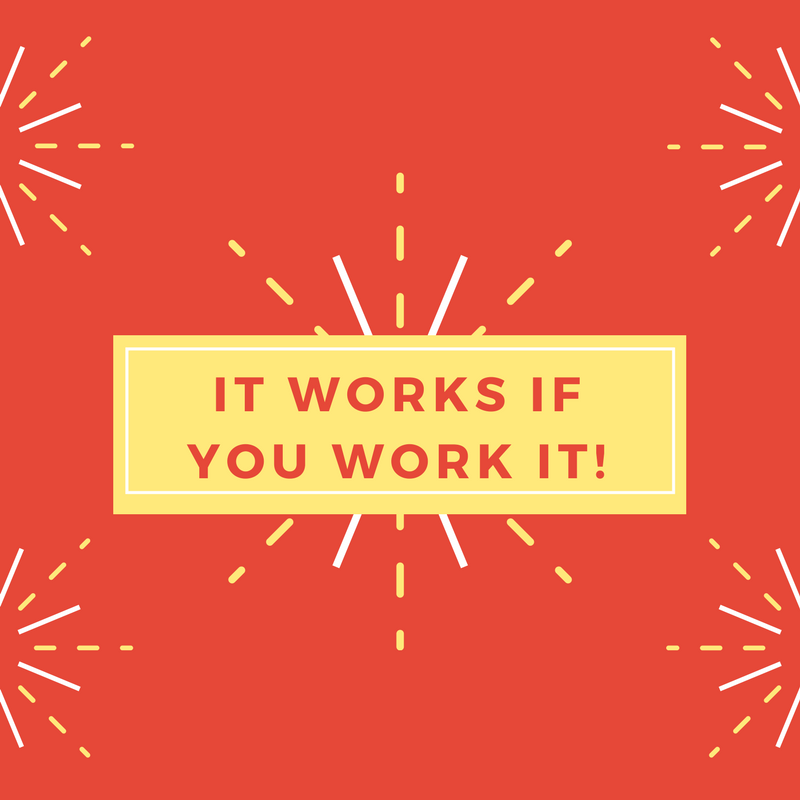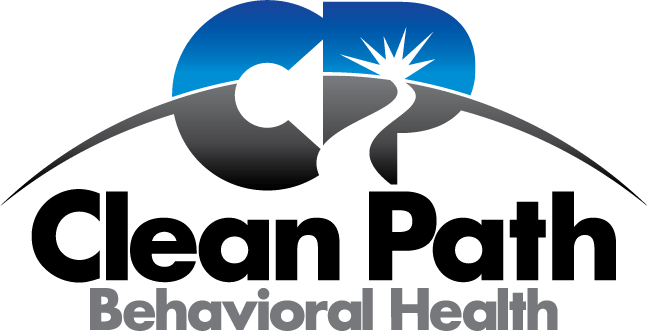
“Continued to take personal inventory, and when we were wrong, promptly admitted it.”
By the time you reach Step Ten, the most challenging part of your journey to recovery just might be over. In the remaining steps, you’ll put the lessons you’ve learned so far to work as you live a daily program of recovery – for the long haul.
Step Ten helps you stay clean and sober “under all conditions,” the AA Big Book promises. And so, many people in recovery work it every day or several times a day.
How does it work?
Step Ten requires you to take an inventory of yourself – checking in on your emotions and behaviors to ask yourself what’s really going on, and if you’re acting like a person in recovery or an addict. Your sponsor can help you come up with a list of questions best suited for you.
You can work Step Ten as much as you need. Some people like to do a quick “spot-check” inventory when a difficult situation arises.
Others work a personal inventory at the end of each day, or schedule yearly inventories and attend inventory retreats.
You can even download mobile apps that let you work Step Ten on the go!
The goal is to work Step Ten enough so that it becomes a habit. Basically, you’re training yourself to act with self-control and to keep your side of the street clean.
And eventually, it becomes a part of everyday living
If you have willingness, it works if you work it.
